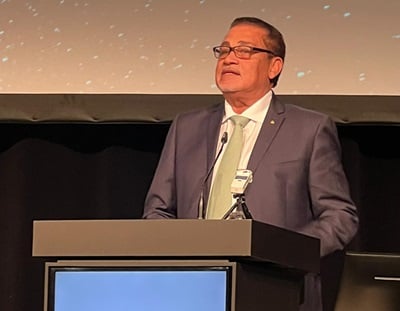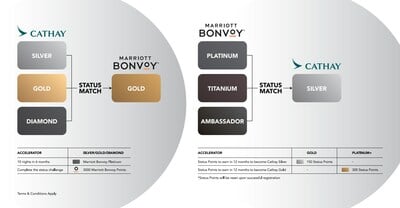A case heard this morning in the US Supreme Court made history. For the first time in 230 years, the Court hosted oral arguments online. This allowed people from all around the world to tune in – in real time. Although one particular case heard received less attention in the media, it is actually an incredibly important trademark case is the US Patent Office v. Booking.com.
Fara Sunderji is a partner at the international law firm Dorsey & Whitney. Sunderji has extensive expertise in all stages of the brand management process, including trademark selection, clearance, prosecution, maintenance and enforcement and litigation. She was listening into the argument live this morning from New York and was able to compile her thoughts in real time.
“The argument was lively with lots of questions from the Justices, even from the typically quite Justice Thomas. His last question was in March of 2019, three years after his previous one. As is typical in the new work-from-home world, the argument didn’t go off without a few technical snags, including Justice Sotomayor starting her questing while still apparently on mute, poor audio quality from Justice Breyer and the argument ran about 15 minutes longer than scheduled,” Sunderji said.
“While some news outlets have characterized the substance of this case a relatively low-profile, it is actually very interesting for a few reasons. Obviously, this is the first time the Supreme Court has broadcasted an oral argument live in its 230-year history.
“The case is about whether a company can get trademark protection over a generic term (booking) when they add .com and the public comes to recognize the web address as uniquely identifying one brand. Much of the argument focused on the precedent under the Goodyear case, where the ụlọ ikpe kachasị held in 1888 that combining a generic term with a corporate designation (e.g., Company) cannot create a protectable trademark.
“The Justices also focused on the survey conducted by Booking.com, a traditional trademark Teflon-style survey, that showed 75% of respondents viewed Booking.com as a brand name. Reading the tea leaves, the tougher questions were on the USPTO’s side, but it remains to be seen whether the Supreme Court will grant Booking.com with trademark rights it has long sought,” Sunderji said.























